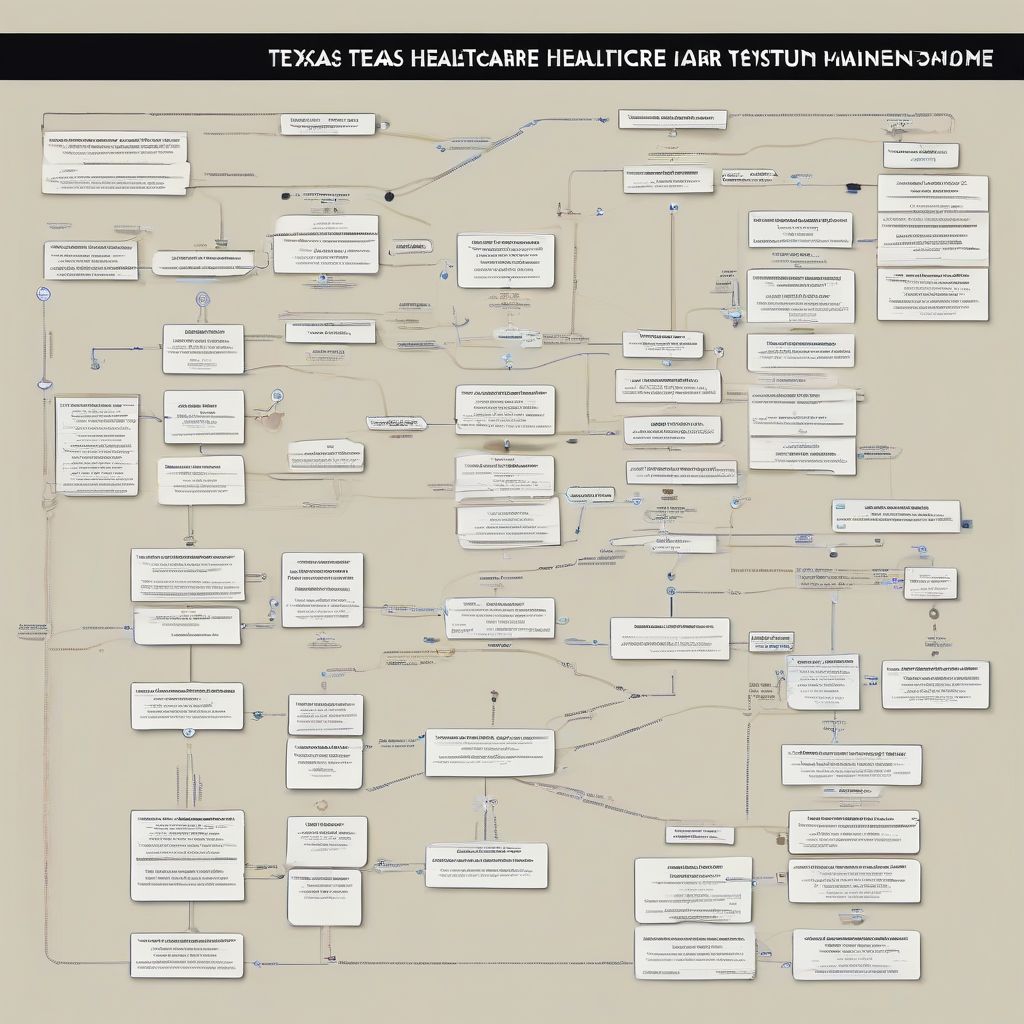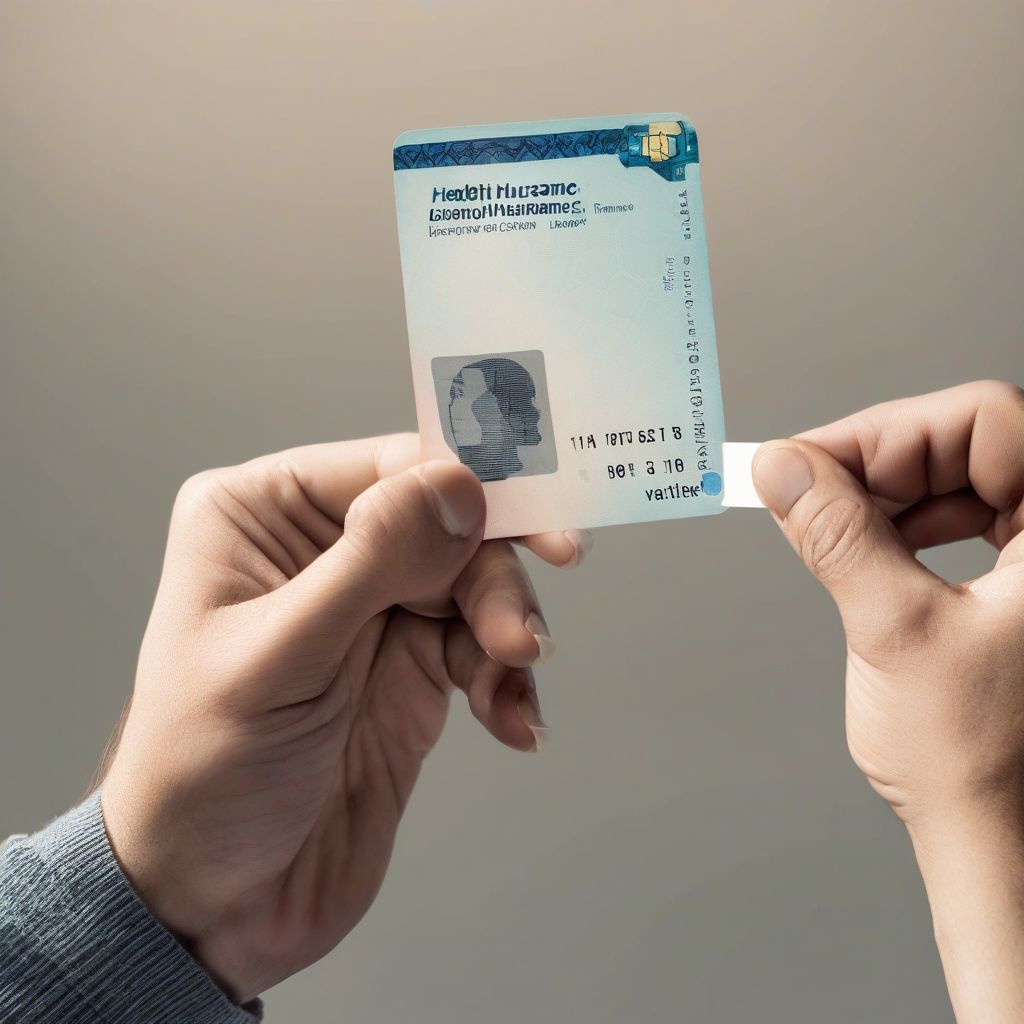Free Healthcare in Texas: What You Need to Know
Navigating the world of healthcare can be challenging, especially when cost is a significant factor. Many Texans wonder, “Is there such a thing as Free Healthcare In Texas?” While completely free healthcare for all doesn’t exist, several resources and programs offer low or no-cost healthcare options. This article will delve into what free healthcare resources are available in Texas, who qualifies, and how to access them.
Understanding the Healthcare Landscape in Texas
Texas has a complex healthcare system with limited options for entirely free healthcare. Unlike some states, Texas did not expand Medicaid under the Affordable Care Act, leaving many low-income adults without health insurance coverage.
dungcutuve.net/wp-content/uploads/2024/08/texas-healthcare-system-66b6de.jpg" alt="Texas healthcare system" width="1024" height="1024">Texas healthcare system
However, several safety net programs and clinics strive to bridge the gap and offer essential medical services to uninsured and low-income Texans.
Exploring Free and Low-Cost Healthcare Options in Texas
Even without universal free healthcare, several avenues exist for individuals and families in Texas seeking affordable medical care:
1. Community Health Centers:
Community health centers, often called Federally Qualified Health Centers (FQHCs), provide primary care services on a sliding scale fee based on income. This means your cost is adjusted based on your ability to pay, making healthcare accessible to many.
2. Hospital Financial Assistance Programs:
Many hospitals in Texas offer financial assistance programs to help cover medical expenses for uninsured or underinsured patients. Eligibility and coverage vary depending on the hospital and your financial situation.
3. County Health Departments:
Local county health departments can provide various services, including immunizations, family planning services, and chronic disease management. Some services may be free or offered at a reduced cost.
4. Free Clinics:
Texas has a network of free and charitable clinics run by volunteers and donations. These clinics offer a wide range of services, from primary care and dental care to mental health services, entirely free of charge.
5. Children’s Health Insurance Program (CHIP):
CHIP provides low-cost health insurance coverage to children in families who earn too much to qualify for Medicaid but cannot afford private insurance.
Finding Free Healthcare Resources Near You
Locating these resources can seem daunting, but several tools and strategies can simplify the process:
- Use Online Directories: Websites like the Texas Association of Community Health Centers and the National Association of Free & Charitable Clinics offer searchable directories to find providers near you.
- Contact 2-1-1: Dialing 2-1-1 connects you to a community resource specialist who can provide information about local healthcare options and other social services.
- Reach Out to Local Hospitals: Contact the financial assistance department of hospitals in your area to inquire about their eligibility criteria and application process.
Important Considerations:
- Eligibility Requirements: Each program and clinic may have specific eligibility requirements based on income, residency, or other factors. Be prepared to provide documentation to verify your eligibility.
- Limited Services: Free and low-cost healthcare options may have limited services or long wait times due to high demand.
- Preventive Care: Prioritize preventive care like check-ups and screenings, as early detection and management of health conditions can prevent more costly interventions later.
Staying Informed and Seeking Assistance
Navigating the complexities of free healthcare in Texas can be challenging, but remember, resources are available. By utilizing online tools, contacting local organizations, and understanding the different programs available, you can find the healthcare you need.
We encourage you to explore our website further for more valuable information and resources related to health and wellness. This article aims to provide general guidance, and seeking professional advice for your specific situation is essential.



